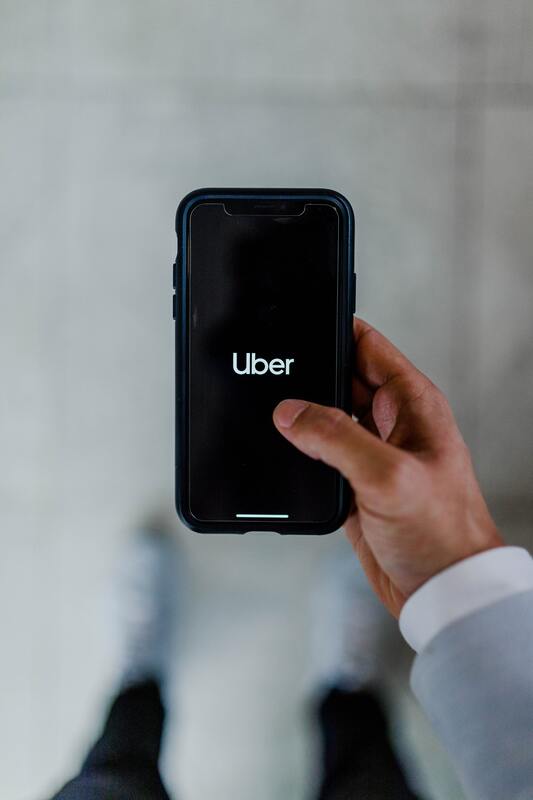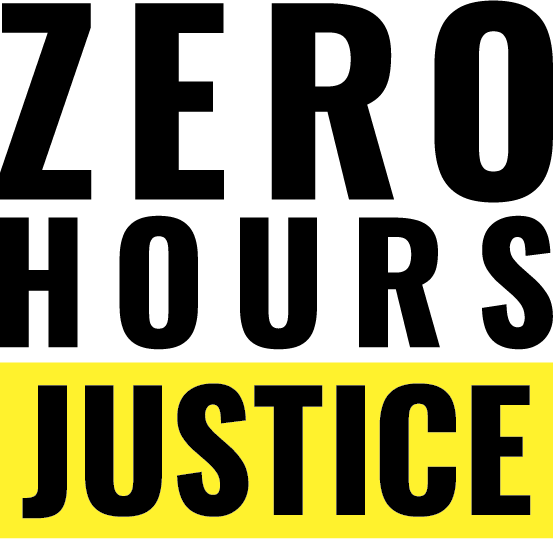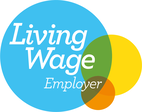|
By Pravin Jeyaraj
They may also be entitled to statutory sick pay and maternity or paternity pay. The case, Uber BV and others v Aslam and others, relates specifically to the status of so-called “gig economy” workers, rather than casual workers or zero hours contract workers. Zero Hours Justice is concerned about the inappropriate use of casual workers and freelancers by employers. However, it has no objection in principle to the “gig economy”, in which people work on a freelance or short term contract basis and are paid for each job rather than at an hourly rate.
However, the Supreme Court ruled that the correct starting point was not the contract but the purpose of section 230 of Employment Rights Act 1996, where “worker” is defined in law. The purpose of the legislation was “to protect vulnerable workers from being paid too little for the work they do, required to work excessive hours or subjected to other forms of unfair treatment” (Para 71). Citing another case, Byrne Bros (Formwork) Ltd v Baird[2002], the reason for the protection was because employees and workers are in “a subordinate and dependent position” vis-a-vis their employer. Whilst the terms of the written contract were important, it was also important to consider whether the written terms really reflected the relationship between Uber and the drivers. For casual and zero hours workers, this position stated by the court means that it may not be enough for an employer to simply refer to the terms of the contract to deny rights that are only available to employees. Casual work and zero hours contracts are largely intended for situations where the work is seasonal or short-term and demand is difficult to predict. A contract or written terms of engagement may emphasise the freedom to accept or decline work, the lack of any obligation on the employer’s part to guarantee work and absence of any continuity of employment. Nevertheless, if a worker ends up developing a regular pattern of work over at least two years in practice, it could and should be argued and accepted that the worker is an employee in practice. Unfortunately, however, this is not a hard and fast rule and depends very much on the specific circumstances and situation of a worker. If employers do not accept a worker’s argument, they may well have to argue their case at an employment tribunal, referring to other cases.
As a result of the Uber judgement, the Financial Times [may require subscription] has called on the government to take “a wider look at how it regulates the labour market as novel forms of work proliferate” and to be more proactive in enforcing the existing laws: “Every court has agreed with the Supreme Court’s interpretation but no agency proactively sought to enforce it. The government’s recently created position of director of labour market enforcement is soon to be vacant. The government must move fast to fill it.” With regard to the Uber case, the Supreme Court decided that the drivers were workers because what happened in practice did not match what was stated in Uber’s Service Agreement:
Pay Uber dictated how much drivers were paid for a job (fare) and the drivers could not charge more than that. The only way that a driver can increase pay is by working longer hours (switching on the app) and constantly meeting measures of performance. Unilateral contract The contract was imposed by Uber and drivers had no say in its terms. Limited choice to accept work When logged in to the app, a driver’s choice to accept requests was constrained by Uber. The driver’s rate of acceptance and cancellation of trip requests was monitored and a penalty was imposed if too many requests were declined or cancelled. The penalty was to automatically log the driver out of the app for 10 minutes, preventing them from working until allowed to log back in. Significant control over provision of services A failure to maintain an average rating leads to a series of warnings and eventual termination. Communication between passengers and drivers was restricted to the minimum necessary to perform particular trips and active steps were taken to prevent drivers from establishing a relationship with passengers beyond the individual ride. According to Uber, the Supreme Court ruling applies to only a small group of drivers from a period of time when a particular contract was in operation. However, the ruling offers self-employed people in a similar position significant encouragement that things will change for the better this year, following this landmark judgement. Comments are closed.
|
contactFor press enquiries or permission to reuse content, please contact: Archives
June 2024
CATEGORIES
All
|
|
Company No: 12417909 Registered Office: 38 Coney Street, York, Y01 9ND
|




 RSS Feed
RSS Feed


